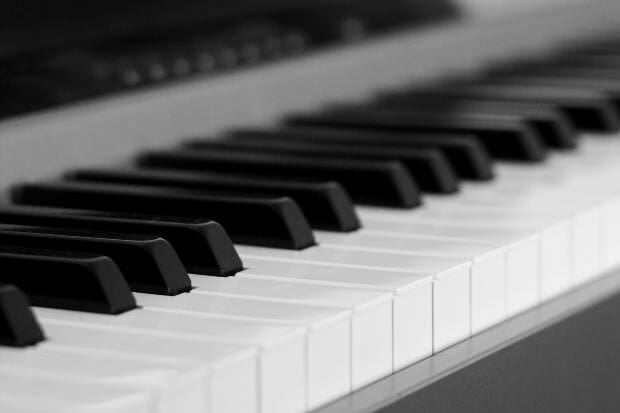Stress and Self-Awareness
March 4, 2011Steps to Making Up
April 26, 2011Connection Between Breath and Anxiety
There are many causes of anxiety. Eventually a certain level of anxiety becomes an everyday occurrence and, with it, an anxious breathing pattern. In other words, bad breathing from excessive stress or anxiety invites breathing patterns that increase nervousness.
The first line of defense is to seek counseling to treat anxiety. It’s the best approach to learn how to manage the anxiety and change your life.
However, you can consciously slow your breathing down and reduce the anxiety level. Breathing is like an antidote for anxiety; it helps the body feel relaxed and decreases anxious symptoms. Basically, when you get anxious breathing speeds up and becomes more shallow, negative thinking starts, blood pressure increases, body temperature increase, and the body becomes tense. The body is responding to immediate threat to wellbeing.
When you’re really anxious, you hold your breath or breathe shallowly to try to stay in control. This worsens the situation by creating oxygen deprivation and more tension in your body. This triggers the stress response and then the tension sets in to stay until the danger is gone.
However, with anxiety, there usually isn’t a real threat and the body gets stuck in an anxious state. This breathing pattern restricts respiration and produces shallow, rapid distorted breathing.
One of the best ways to handle any episode of emotional stress is simply to feel the feelings but make sure you keep breathing in a certain way. Breathing naturally and well grounded allows you to feel your feelings and address the anxiety more rationally.
By changing your breathing you can influence the biochemical reactions in your body, producing more relaxing substances such as endorphins and fewer anxiety-producing ones like adrenaline.
So, remember to breathe and be in your body. Ahh.


